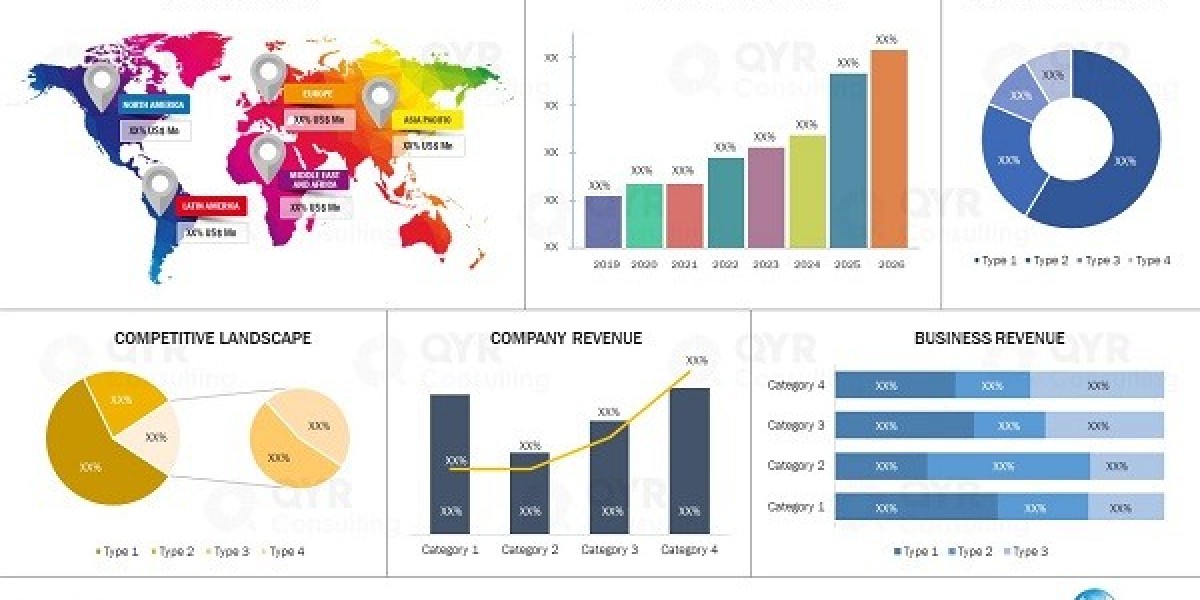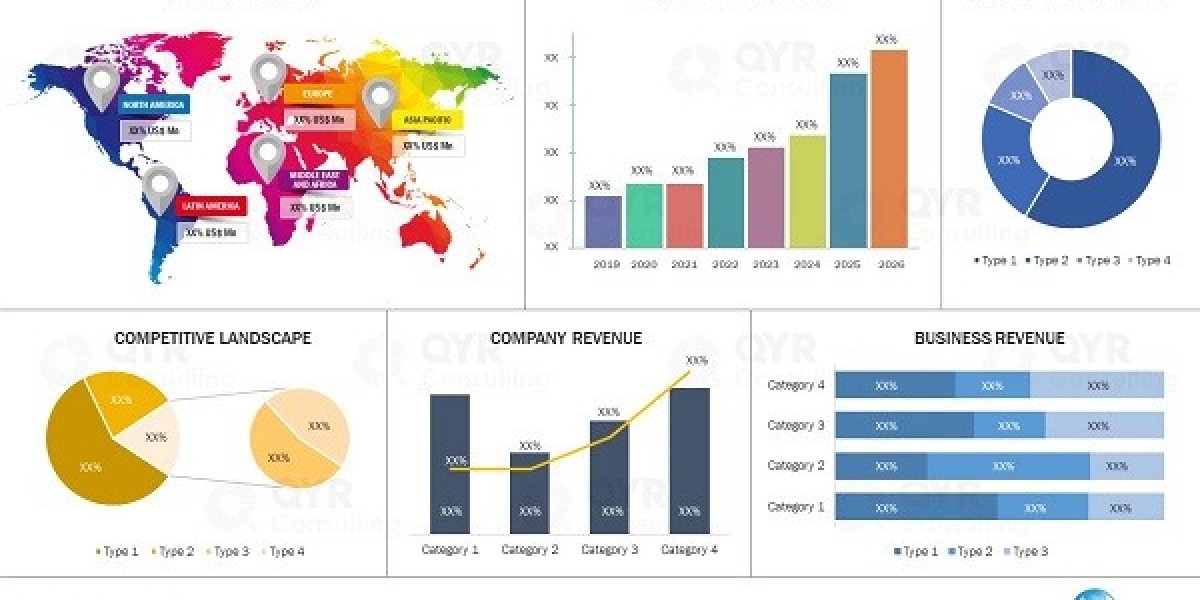When I first thought about owning a luxury car, I imagined cruising down the highway with the wind in my hair, the sound of a powerful engine beneath me, and the heads turning as I passed by. It seemed like the epitome of success, something I had worked hard for and earned. But over time, I began to realize that the dream of owning a luxury car isn’t all about prestige and power. There are hidden costs that I hadn’t fully considered when I first started thinking about buying one. So, let me take you through what I've learned, and hopefully, you can make a more informed decision if you're thinking about getting into the luxury car game.
The Allure of Luxury Cars
Owning a luxury car is an experience that feels rewarding in so many ways. From the sleek design to the high-end features, there’s no denying the appeal. These cars are built to offer superior comfort, performance, and safety. They often come with advanced technology, premium interiors, and engines designed to provide unmatched driving experiences.
The thought of driving a car that combines engineering excellence with the latest in-car technology is enough to get anyone excited. But before you take the plunge, it’s essential to understand that the appeal of luxury comes with a few trade-offs. It’s not just the upfront cost of the car that you need to consider, but also the long-term financial responsibilities.
Beyond the Sticker Price: Maintenance and Repairs
One thing I quickly realized after purchasing my first luxury car was that the maintenance costs were much higher than I had anticipated. These cars are designed with precision and have more complex systems, which means repairs and servicing can be expensive. The parts and components used in luxury vehicles are typically of higher quality, but they can also cost more to replace. In many cases, specialized mechanics and dealerships are needed to ensure the vehicle continues running smoothly.
Here’s a breakdown of the common maintenance costs that come with owning a luxury car:
Routine Services: Oil changes, tire rotations, and brake checks are standard services, but luxury cars often require more frequent visits to the mechanic due to advanced technology and specialized parts.
Tire Replacement: Many luxury cars use high-performance tires, which can be costly to replace. The price can vary based on the brand and model of the car.
Brake Pads and Rotors: These components are often more expensive in luxury cars, and replacement costs can be significant.
Specialized Repairs: If something goes wrong with the engine, transmission, or other critical parts, the cost to repair or replace these components can quickly add up.
One thing to keep in mind is that even seemingly minor repairs can be costly, as the parts required may only be available from the manufacturer or authorized dealers.
Insurance: A Larger Premium
When I started looking into insurance for my luxury car, I was taken aback by the premium costs. Insuring a luxury vehicle tends to cost more than regular cars due to the higher value of the car, the cost of parts, and the potential for higher repair expenses. Factors like the model, age, and your driving history also play a role in determining your insurance premiums.
In some cases, it may be required to carry additional coverage options like collision and comprehensive insurance, which could further increase the overall cost. That extra level of coverage is there to protect the high-value vehicle you’re driving, but it doesn’t come cheap.
Here are some of the factors that contribute to the higher insurance premiums:
Vehicle Value: Luxury cars cost more to replace or repair, which raises the insurance premium.
Higher Repair Costs: As mentioned earlier, repair costs for luxury cars are usually much higher than for standard vehicles.
Theft Risk: High-end cars are often targeted by thieves, which means insurance providers consider this risk when setting premiums.
Fuel Efficiency: The Price at the Pump
Luxury cars are often equipped with powerful engines designed to deliver a thrilling driving experience. However, this comes with a downside: many luxury cars are not as fuel-efficient as their economy counterparts. If you're someone who loves long road trips or commutes regularly, the cost of fueling up your vehicle can add up quickly.
Although some luxury brands have made strides in improving fuel efficiency with hybrid and electric options, the traditional gas-powered engines often consume more fuel than standard vehicles. This can mean more frequent trips to the gas station and a higher monthly fuel budget.
Here’s a look at some factors that contribute to fuel consumption in luxury cars:
Engine Size: Larger engines with more cylinders tend to consume more fuel.
Performance: Cars designed for high-performance driving often have a higher fuel consumption to deliver the power and speed enthusiasts crave.
Weight and Aerodynamics: Heavier vehicles with less aerodynamic designs can reduce fuel efficiency.
While it’s not something that people always think about, the increased fuel cost can significantly impact the total cost of ownership over time.
The Hidden Costs of Luxury: Depreciation
Another hidden cost that often gets overlooked is depreciation. Luxury cars, just like all vehicles, lose their value over time. However, luxury vehicles tend to depreciate at a faster rate compared to regular cars. This is partly due to the high upfront cost of these cars. While the initial purchase price may feel like an investment in luxury and comfort, it’s important to know that the resale value will likely be much lower in a few years.
Factors like the model, demand, and how well the car has been maintained will affect how much it depreciates, but it’s something that should always be kept in mind when considering a luxury car purchase.
A Balance of Luxuries and Realities
Owning a luxury car can indeed be an exhilarating experience. The smooth ride, top-notch features, and aesthetic appeal are just some of the reasons why people choose to make this investment. However, it's essential to weigh the hidden costs that come with this lifestyle. From the ongoing maintenance and repair bills to the higher insurance premiums and fuel expenses, these factors can quickly add up, affecting your wallet in the long run.
But that doesn’t mean owning a luxury car isn’t worth it. It just means that, like any big decision, it's important to be aware of all the financial aspects involved. If you’re still set on getting one, then go for it—just make sure you're financially prepared for the long haul.
And on a side note, just as owning a luxury car requires the right preparation, I also realized that treating myself to other indulgences, like a Mr Fog Lemon Rainbow Ice vape, can provide a similar sense of satisfaction. The balance of flavors in that vape, like the thrill of a luxury car, is a nice reminder that sometimes it’s the small things that enhance the bigger picture.
So, if you’re thinking about the high-end lifestyle, just remember that it’s about managing the full experience, not just the initial excitement. Every piece of the puzzle matters. And for me, whether it’s my car or enjoying some time with my Mr Fog Salt Nic vape, it’s all about finding the right balance that fits my life.
Wrapping It Up: Enjoy the Ride
When I look back on everything I’ve learned about owning a luxury car, I can’t help but appreciate the ride. It’s been a rewarding journey, but it’s also been one that required thoughtful consideration of the hidden costs along the way. From maintenance to insurance, fuel efficiency, and depreciation, each factor plays a part in how much a luxury car truly costs. But if you’re like me, and the allure of top-tier quality is something you value, these costs might just be worth the price of admission.
After all, just as I enjoy my Mr Fog Juice for its unique flavors and satisfaction, a luxury car gives me that same sense of joy and fulfillment. The key is in understanding what you're getting into and making sure you’re fully prepared to enjoy every moment of it—without any surprises along the way.








